
March 11, 2024
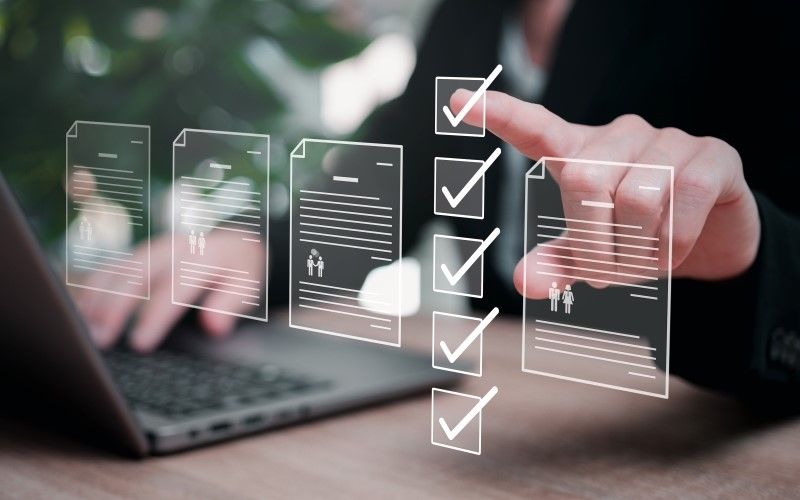
Proxiio’s partnership with
Relativity provides access to many technology-assisted review tools that are incorporated
into the RelativityOne platform. One of the most widely used tools, Active
Learning, serves as a technology-aided solution designed to efficiently analyze
large datasets and predict the documents likely to be relevant for the review.
Using guidelines and requirements shared by the client counsel, Proxiio review managers identify the reviewers with highest level of experience and subject-matter expertise based on the facts of the case. They then design a workflow to derive the most value from Active Learning.
When case requirements demand relevant or key documents be identified quickly from large data sets to meet production timelines or prepare for trial, Proxiio utilizes the “Prioritized Review” queue to accelerate the learning model and ensure that the most relevant documents are identified first.
Active Learning enables us to significantly cut down on review expenses and streamline the time needed to finalize the review in accordance with counsel directives. We utilize our proficiency in crafting workflows that decrease the necessity for human document review by as much as 75%, all while instituting safeguards to maintain uncompromised quality.
When dealing with numerous custodians and data sources, creating a review workflow that efficiently handles the review and production of documents in several iterations can present complexities. Using the Active Learning “Coverage Review” queue allows us to design a workflow that ensures new documents are seamlessly added to review queues and processed for production.
We utilize multiple Active Learning models for a project to
ensure documents processed by our review team not only meet the relevance
criteria, but also are appropriately flagged for Privilege, Confidentiality,
and other parameters. We also ensure any documents scored highly by the model
for a particular parameter receive a QC check, minimizing the chances of human
error.

March 11, 2024
Proxiio’s partnership with Relativity provides access to many technology-assisted review tools that are incorporated into the RelativityOne platform. One of the most widely used tools, Active Learning, serves as a technology-aided solution designed to efficiently analyze large datasets and predict ...
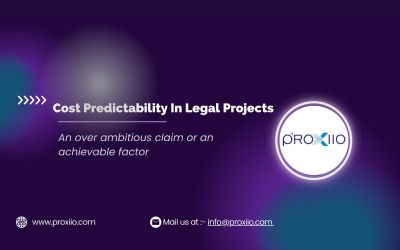
August 20, 2024
With changing timelines and erratic data volumes, law firms and corporate legal departments are always challenged when trying to ascertain the overall cost for a legal project. Even when they outsource to an alternate legal services provider (ALSP), one major ...
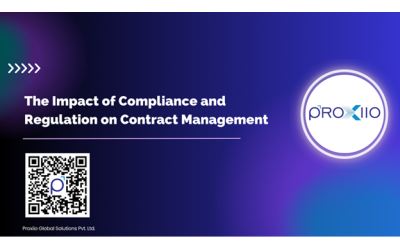
May 21, 2025
In an era defined by increasingly complex regulatory frameworks and heightened scrutiny, Contract Management has evolved from a back-office administrative task into a critical risk management function. For modern enterprises—particularly in highly regulated industries—maintaining compliance throughout the contract lifecycle isn’t ...
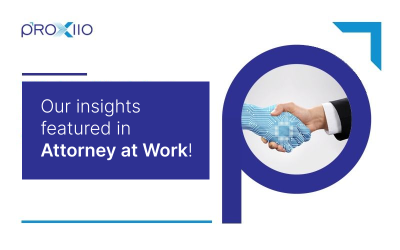
June 20, 2024
An insightful article titled "How LLMs and Generative AI Can Transform Legal Services," by Nasir Ali from our Litigation and Investigations team has been published in the leading legal technology publication Attorney at Work.The article delves into the transformative potential ...
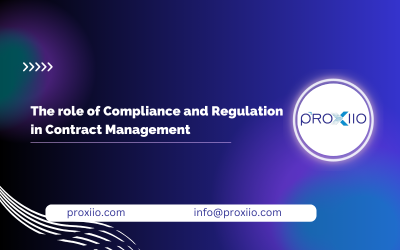
March 12, 2025
IntroductionContracts form the backbone of critical business relationships — vendor agreements, client partnerships, employee contracts, and more. Effective contract management not only streamlines business operations but also mitigates risks related to non-compliance, which can lead to financial penalties, legal battles, ...
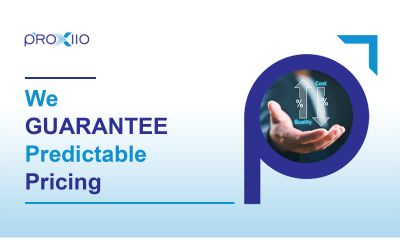
April 05, 2024
“Predictable pricing” is a phrase heard often when it comes to alternative legal solutions providers. In fact, it is used so often and without any merit that it has become meaningless to clients of outsourced legal solutions companies. We hear ...